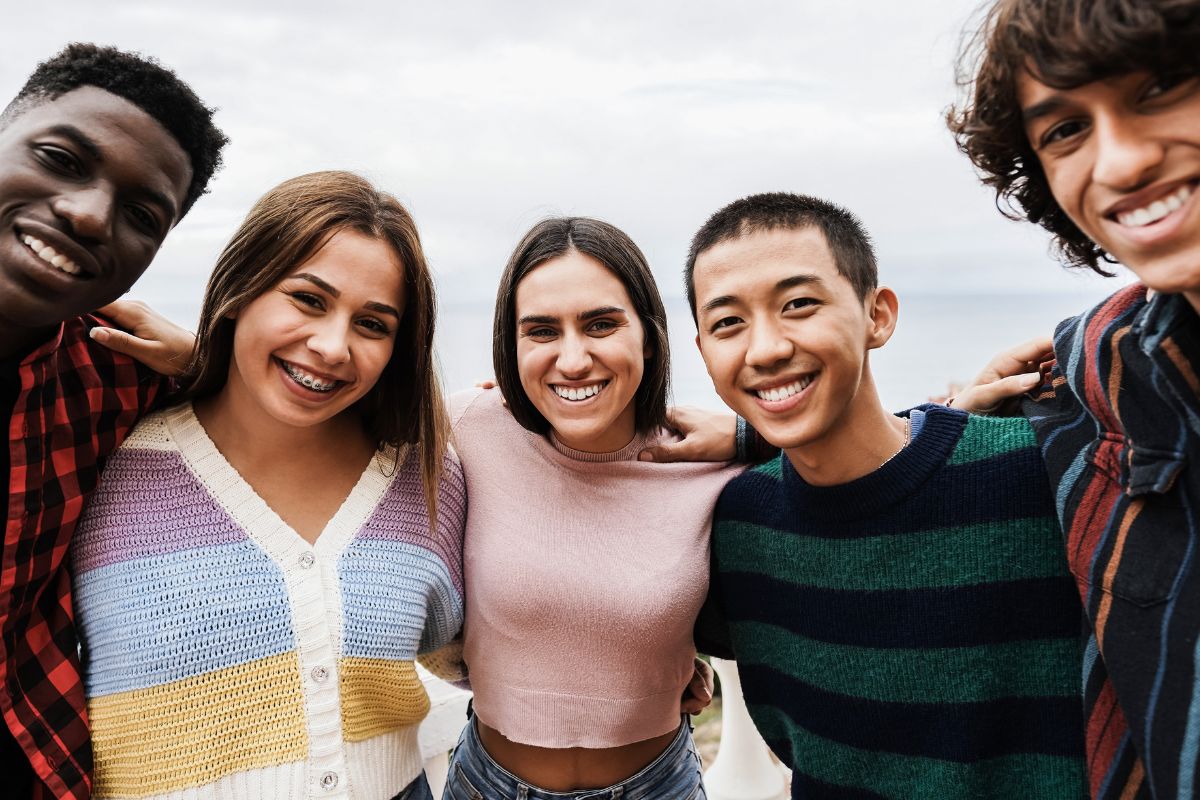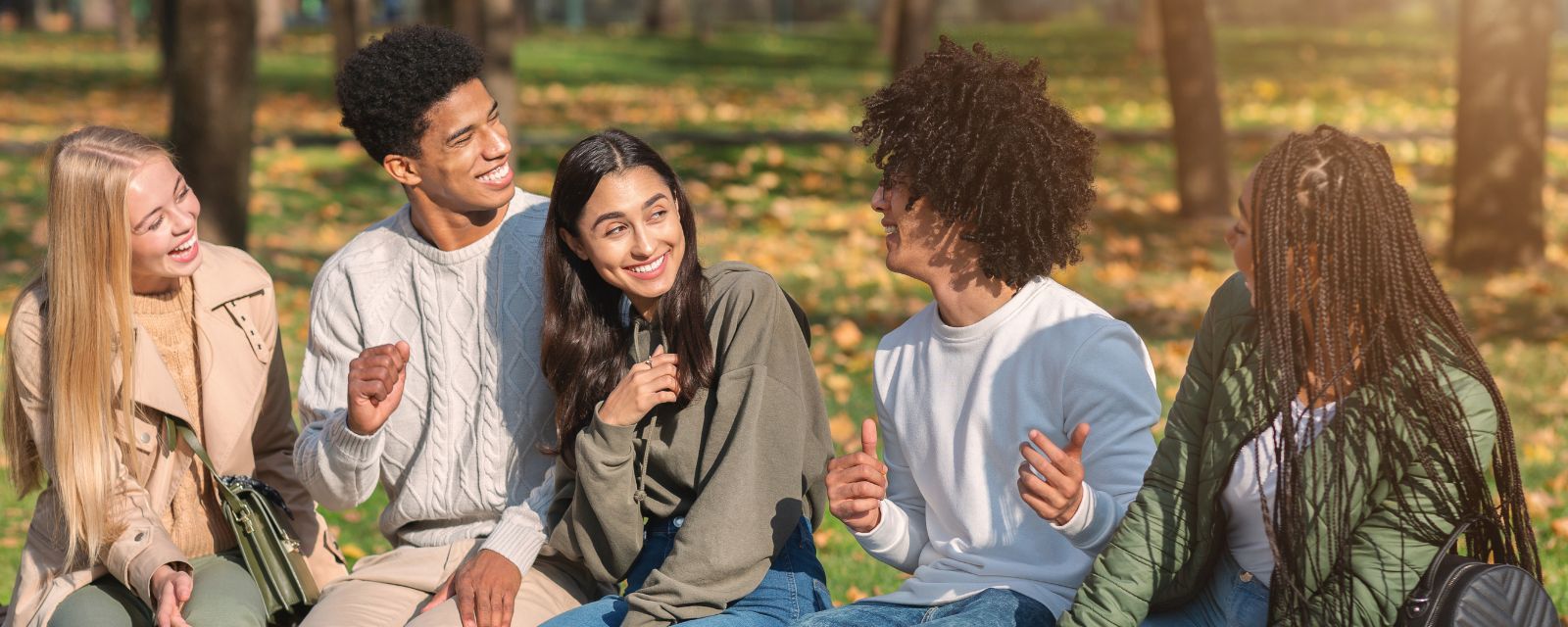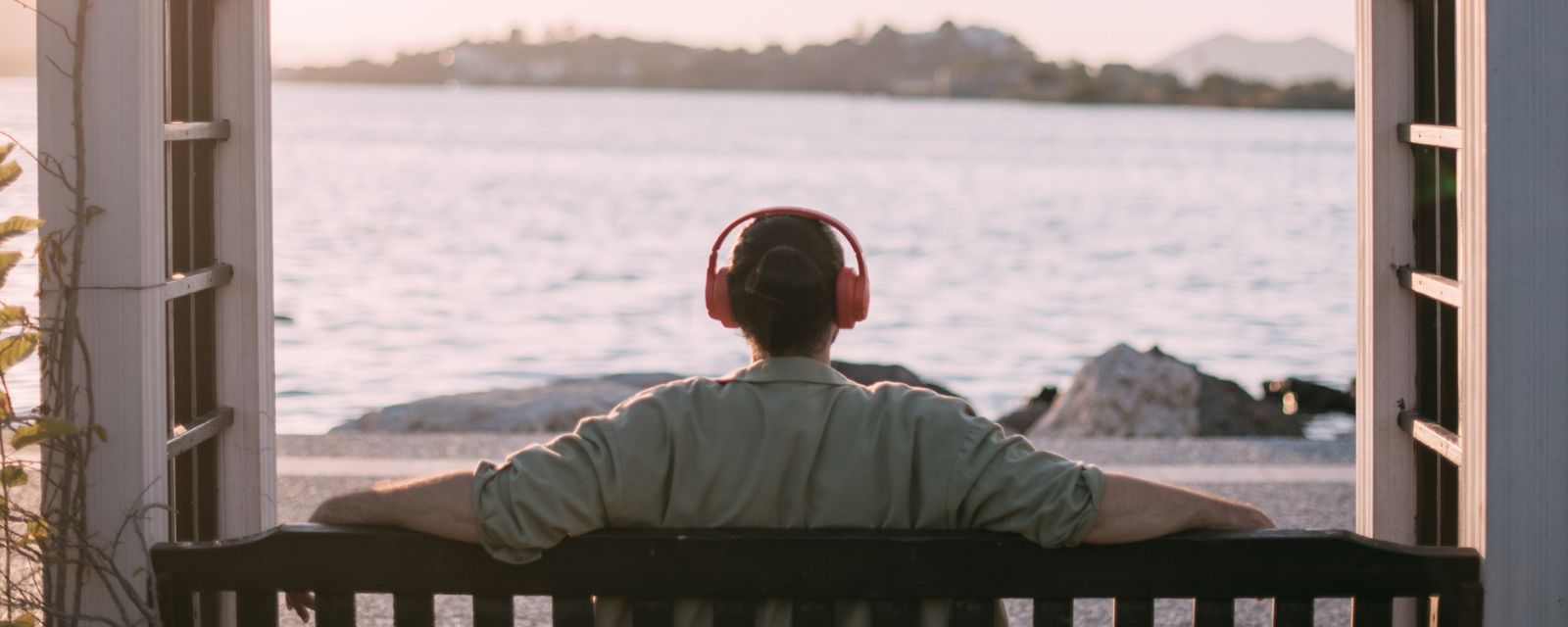Anchored in Reflection: Tools for Young Adults to Find Their Way
In today’s hyper-connected world, young people are navigating an identity crisis unlike any generation before. The constant barrage of social media, digital distractions, and societal expectations has created an environment where self-worth is often measured by likes, followers, and fleeting trends. This pressure to conform to be seen, validated, and accepted has led to a surge in anxiety, depression, and a pervasive sense of being “stuck.” This blog explores how young people can reconnect with themselves through reflective exercises and meditation, offering a path toward clarity, confidence, and emotional resilience.
Reconnecting Through First Experiences
One of the most transformative tools for self-discovery is the exercise of remembering our “firsts.” These pivotal moments, whether joyful, painful, or confusing often shape how we see ourselves and the world. In this journaling practice, individuals are asked to reflect on a significant first experience: What were they thinking and feeling before, during, and after the event? How did it influence their beliefs, behaviors, or relationships?
For example, a young person might recall their first public failure, perhaps a failed audition or a poor grade and realize how that moment planted seeds of self-doubt. By revisiting the emotional landscape of that experience, they begin to understand how they internalized certain narratives and how those narratives continue to influence their choices. This exercise isn’t about reliving trauma; it’s about reclaiming agency. It invites young people to reframe their stories and recognize their capacity for growth.
Redefining Success and Failure
Another powerful reflective tool is the “Things Went Well or Badly” exercise. This practice challenges individuals to examine their definitions of success and failure not through society’s lens, but through their own. What does success truly mean to them? Is it external achievement, or internal fulfillment? When something went badly, did they play an active role, or were they swept along passively?
This exercise encourages accountability and introspection. It helps young people see that failure isn’t a dead end, it's a data point. It’s a moment to learn, pivot, and evolve. By understanding how they respond to setbacks, they begin to build emotional resilience. They also start to see patterns in their behavior: Do they give up easily? Do they avoid challenges? Or do they rise, adapt, and try again?

Building Identity Through Skill Development
Identity isn’t just shaped by what we feel, it's also shaped by what we do. The “Learning New Skills” exercise invites individuals to reflect on a time they had to build a new skill, whether academic, creative, or interpersonal. What fears did they face? What barriers did they overcome? What did they learn about themselves in the process?
This exercise is especially powerful because it highlights the journey, not just the outcome. It reminds young people that growth is often uncomfortable, but it’s also deeply rewarding. When they reflect on moments where they wanted to give up but didn’t, they begin to see themselves as capable, persistent, and resourceful. These realizations become building blocks of a stronger, more grounded identity.
Grounding Through Meditation and Mindfulness
While reflection helps us understand the past, meditation helps us stay present. In moments of anxiety or uncertainty, grounding practices like meditation can offer immediate relief and long-term clarity. Lil Jon’s series of guided meditations centered on positive affirmations and thematic focus are surprisingly effective tools for young people. They’re accessible, relatable, and rooted in self-empowerment.
Meditation doesn’t require perfection. It requires presence. Whether it’s five minutes of deep breathing or a full session of guided visualization, these practices help young people quiet the noise and tune into their inner voice. Over time, meditation becomes more than a coping mechanism; it becomes a lifestyle. It teaches patience, self-compassion, and emotional regulation.
Resources for Continued Growth
For those seeking deeper guidance, Sage Therapy offers a rich library of books and resources tailored to young adults. These materials explore topics like identity formation, emotional intelligence, and goal-setting all through a lens of empowerment and healing. I highly recommend exploring their offerings as a complement to the exercises and practices outlined here.
All material provided on this website is for informational purposes only. Direct consultation of a qualified provider should be sought for any specific questions or problems. Use of this website in no way constitutes professional service or advice.




.jpg)